Metagenomic Next Generation Sequencing to Detect, Identify, and Characterize Pathogens
Bill and Melinda Gates Foundation and Chan Zuckerberg Initiative
Next generation sequencing (NGS) has proven to be indispensable in the current SARS-CoV2 pandemic, from pathogen discovery to variant characterization to novel vaccine development in record-time. This approach to using NGS underscores the potential value of this technology and its application to many other diseases from Ebola to cholera to Pathogen X. Building upon the success of previous Bill & Melinda Gates Foundation, Chan Zuckerberg Initiative (CZI) and Chan Zuckerberg Biohub (CZ Biohub) Grand Challenges collaborations, this year's opportunity will continue to offer exceptional opportunities for capacity building, on-going mentorship and the foundations of scientific, collaborative networks to detect, identify, and characterize pathogens. The ultimate goal will be to impact infectious disease decision making and public health by empowering local scientists with gold standard knowledge, experience and access to equipment and software.
Through this Grand Challenge, the Bill and Melinda Gates Foundation and Chan Zuckerberg Initiative will jointly offer funding for 10 scientific groups to explore the identification, characterization, and context of infectious disease in LMIC settings.
Examples of insights could include:
- Investigating infectious etiologies for unknown medical cases
- Identification of new pathogens
- Detection of local outbreaks
- Characterization of the local pathogen landscape, including vector-borne diseases
- Assessment of emerging zoonotic disease, including wildlife and domestic animal reservoir sampling
- Detection and classification of Antimicrobial Resistance (AMR) Markers, with potential for insight into antibiotic treatment discordance
- Data-informed healthcare and resource allocation
- Subsequent follow-up leveraging genomic epidemiology for public health, incorporating local epidemiological data and genomic analysis
Pathogen Identification | Global Grand Challenges
 Cambridge Centre for
Cambridge Centre for